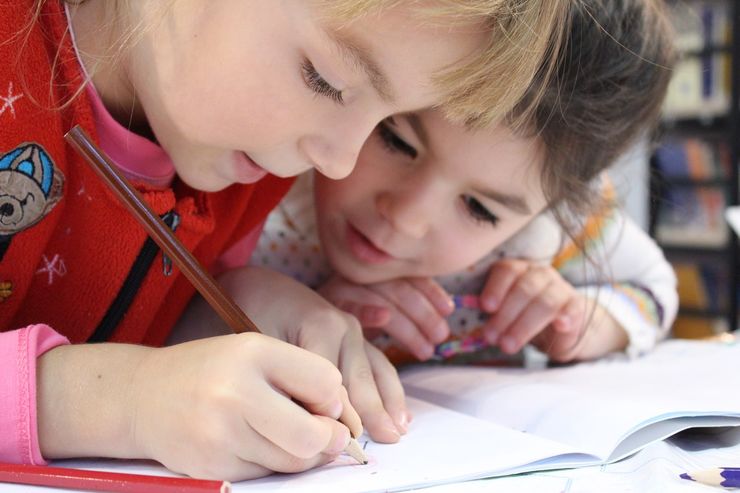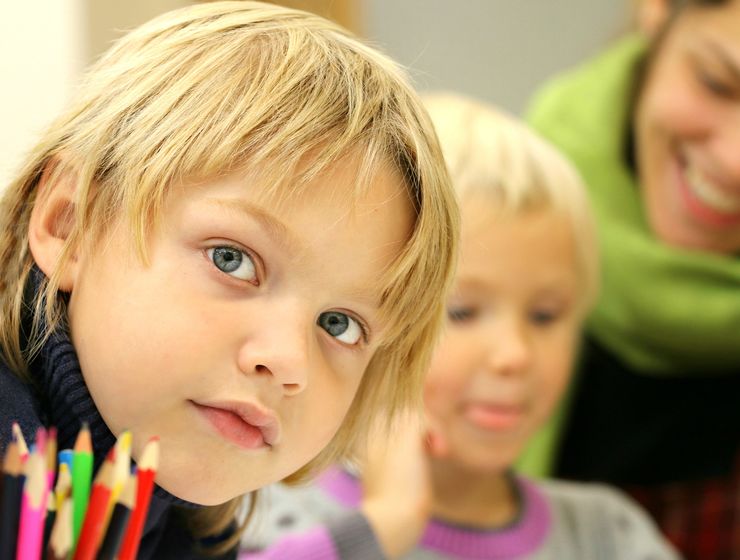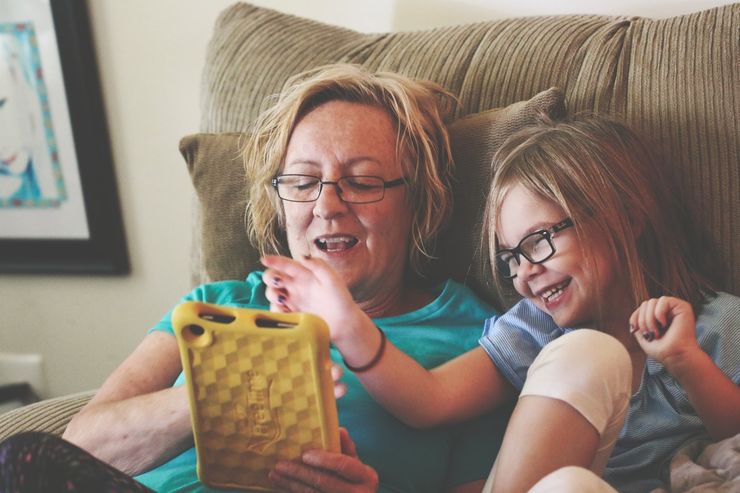
Engagement in preschool and achievement and engagement in learning in grade 3 and 6
The aim is to investigate the relationships between children’s engagement behavior and hyperactive behavior in preschool and their engagement in learning and achievement in grade 3 and 6. A longitudinal follow up study with prospective collection of data in grade 3 and 6 of children followed through preschool (1-5 years). Children’s engagement in preschool and characteristics of their preschool environment will be linked to achievement in grade 3 and 6 and engagement in grade 6.
Cooperating researchers from Jönköping University, Linköping University and Mälardalen University. Research funding by the Swedish Research Council.
Contact: Madeleine Sjöman, Jönköping University.

Doctoral programme in Special education directed towards early interventions in early childhood education
The Research School has the aim to develop applied research in educational inclusive settings, as well as to support research based practices.
The Special education interventions include activities at universal, group and individual level and engaging interactions; research-based learning practices; child assessments; and individualized teaching and learning.
The Research School will build upon existing multidisciplinary and multi-site national, nordic and international partnerships.
Cooperating researchers from Jönköping University, Karolinska institutet, Linköping University and Stockholm University. Research funding by the Swedish Research Council.
Contact: Mats Granlund, Jönköping University.

Mental health trajectories for children and youth with disabilities in habilitation services
The three-folded aim of this program is first to follow the mental health of two groups of children with disabilities for five data collections. Second to use a co-productive design to develop and evaluate interventions designed to enhance children’s and parent’s active involvement in the intervention process. Third to relate provision of habilitation services to mental health trajectories.
Cooperating researchers from Australian Catholic University (Australia), Bloorview Research Institute (Canada), Jönköping University, Karolinska Institutet, Linköping University, Mälardalen University and Örebro University. Research funding by the Swedish Research Council, Forte and Vinnova.
Contact: Mats Granlund, Jönköping University.